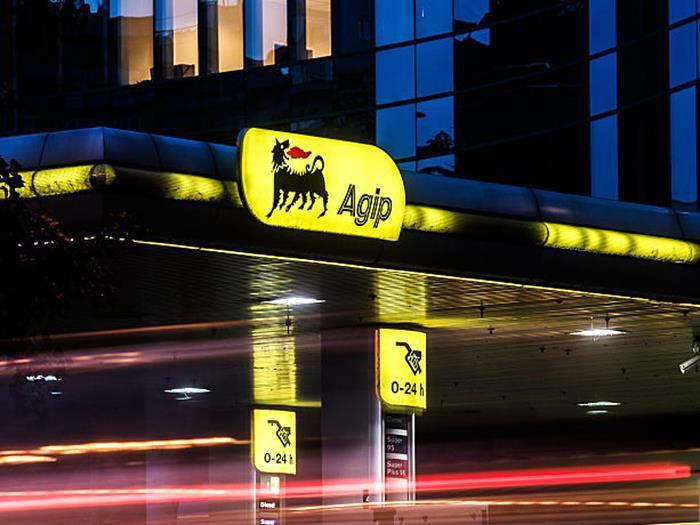Italy’s energy giant Eni and its plastics subsidiary have been slapped with a hefty fine totaling 32 million euros by the Italian regulatory authority for alleged market abuse, Reuters reports. The penalties mark a significant enforcement action amid growing scrutiny of corporate conduct in Italy’s energy and manufacturing sectors. Details surrounding the case highlight ongoing efforts by regulators to ensure fair competition and transparency in critical markets.
Italian Regulator Imposes Hefty Fine on Eni and Plastics Subsidiary for Market Manipulation
The Italian regulatory authority has levied a substantial fine totaling €32 million against energy giant Eni and its plastics subsidiary, marking one of the most significant penalties for market manipulation in recent years. The investigation revealed a series of coordinated actions designed to distort market prices, leading to unrealistic fluctuations harmful to competitors and consumers alike. Authorities emphasized that the abusive practices undermined fair competition and transparency within the energy and plastics sectors.
Key details of the penalty include:
- Fine distribution: Eni was fined €21 million, while its plastics unit was hit with an €11 million penalty.
- Duration of misconduct: The manipulation activities reportedly spanned over two years.
- Market impacts: Artificial inflation of commodity prices affecting supply chains.
| Entity | Fine (€ million) | Violation Period |
|---|---|---|
| Eni | 21 | 2021-2023 |
| Plastics Subsidiary | 11 | 2021-2023 |
In-Depth Analysis of Market Abuse Allegations Against Eni’s Plastics Division
The investigation led by Italy’s financial regulator uncovered a series of transactions within Eni’s plastics division that allegedly manipulated market prices, creating an unfair trading environment. Authorities pinpointed deliberate timing of trades, information asymmetry, and coordinated actions among internal teams that contributed to distorting market signals over a sustained period. These practices not only undermined investor confidence but also violated EU market abuse regulations designed to ensure transparency and fairness.
Key findings from the inquiry revealed:
- Repeated instances of non-public information used to influence plastic resin futures prices.
- Concealment of transaction data intended to mask the volume and frequency of trades.
- Collaboration between Eni and its plastics unit that amplified the impact on key trading benchmarks.
| Aspect | Implication | Regulatory Response |
|---|---|---|
| Insider Information | Manipulated price-setting mechanisms | €18M fine issued |
| Trade Concealment | Diminished market transparency | Operational audits mandated |
| Unit Collaboration | Amplified market distortion | €14M fine for plastics unit |
Recommendations for Strengthening Compliance and Preventing Future Market Misconduct
Strengthening internal controls and fostering a culture of transparency are paramount for entities like Eni and its subsidiaries to avoid future breaches. Implementing advanced monitoring systems that utilize real-time data analytics can significantly improve the early detection of irregular trading activities. Additionally, enhancing employee training programs focused on ethical trading practices and regulatory requirements is essential in mitigating risks associated with market abuse. Companies should also prioritize clear communication channels for whistleblowers to report suspicious behavior without fear of reprisal.
Regulators and organizations alike can benefit from adopting a proactive approach through regular audits and compliance reviews, ensuring adherence to evolving market rules. Establishing cross-departmental compliance teams can facilitate a holistic view of trading operations and potential vulnerabilities. The following table outlines key actions that firms must consider to reinforce their compliance frameworks:
| Action | Purpose |
|---|---|
| Real-time Transaction Monitoring | Detect suspicious trades instantly |
| Regular Compliance Audits | Identify weaknesses early |
| Employee Ethics Training | Promote responsible behavior |
| Whistleblower Protection Programs | Encourage internal reporting |
| Cross-Departmental Compliance Teams | Ensure comprehensive oversight |
Key Takeaways
The hefty fine imposed on Eni and its plastics division underscores the increasing scrutiny regulators are placing on market practices within the energy sector. As investigations continue, industry stakeholders will be closely watching how this case influences compliance standards and corporate conduct across Europe. Eni has yet to issue a detailed response to the ruling.



